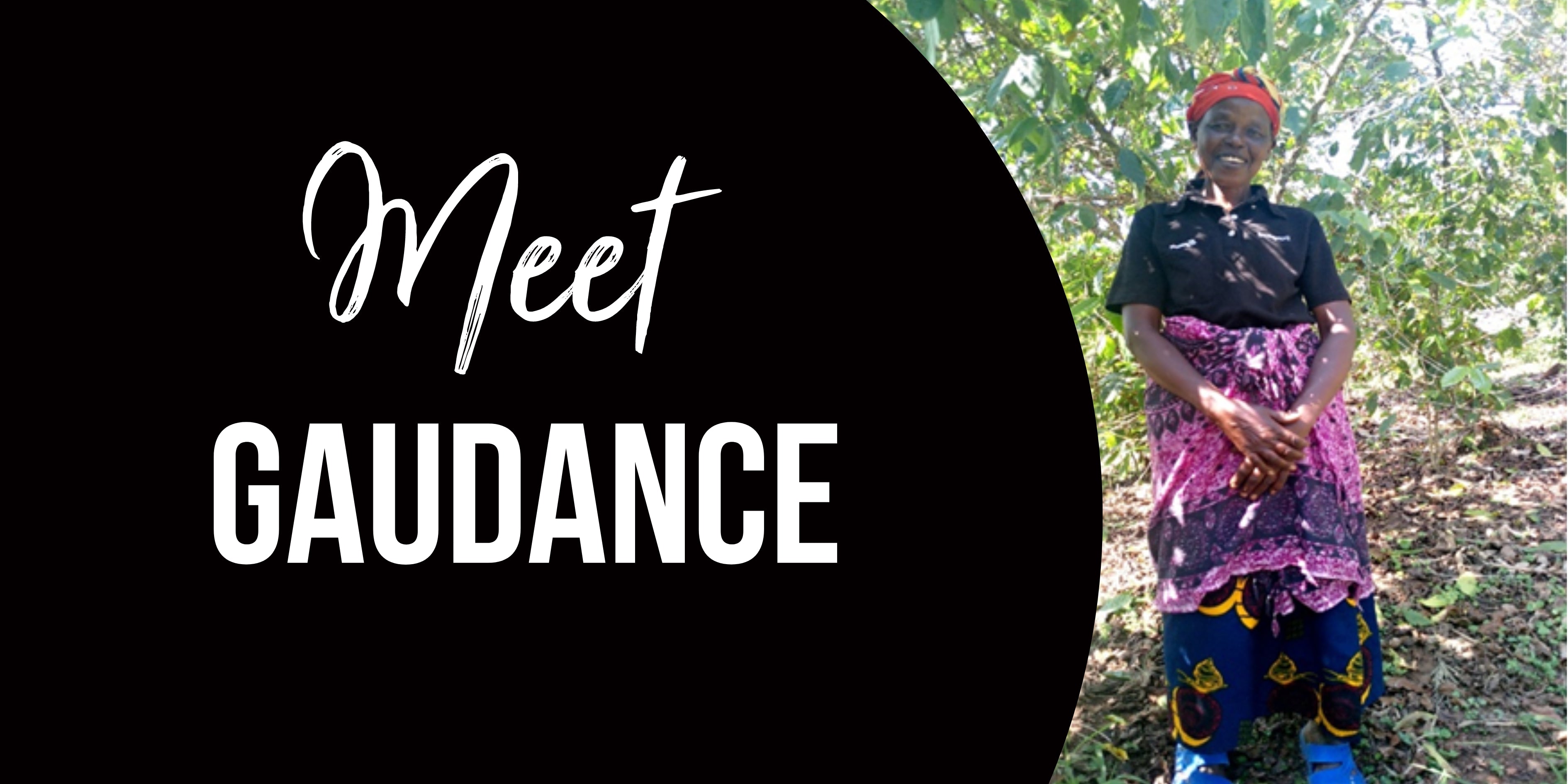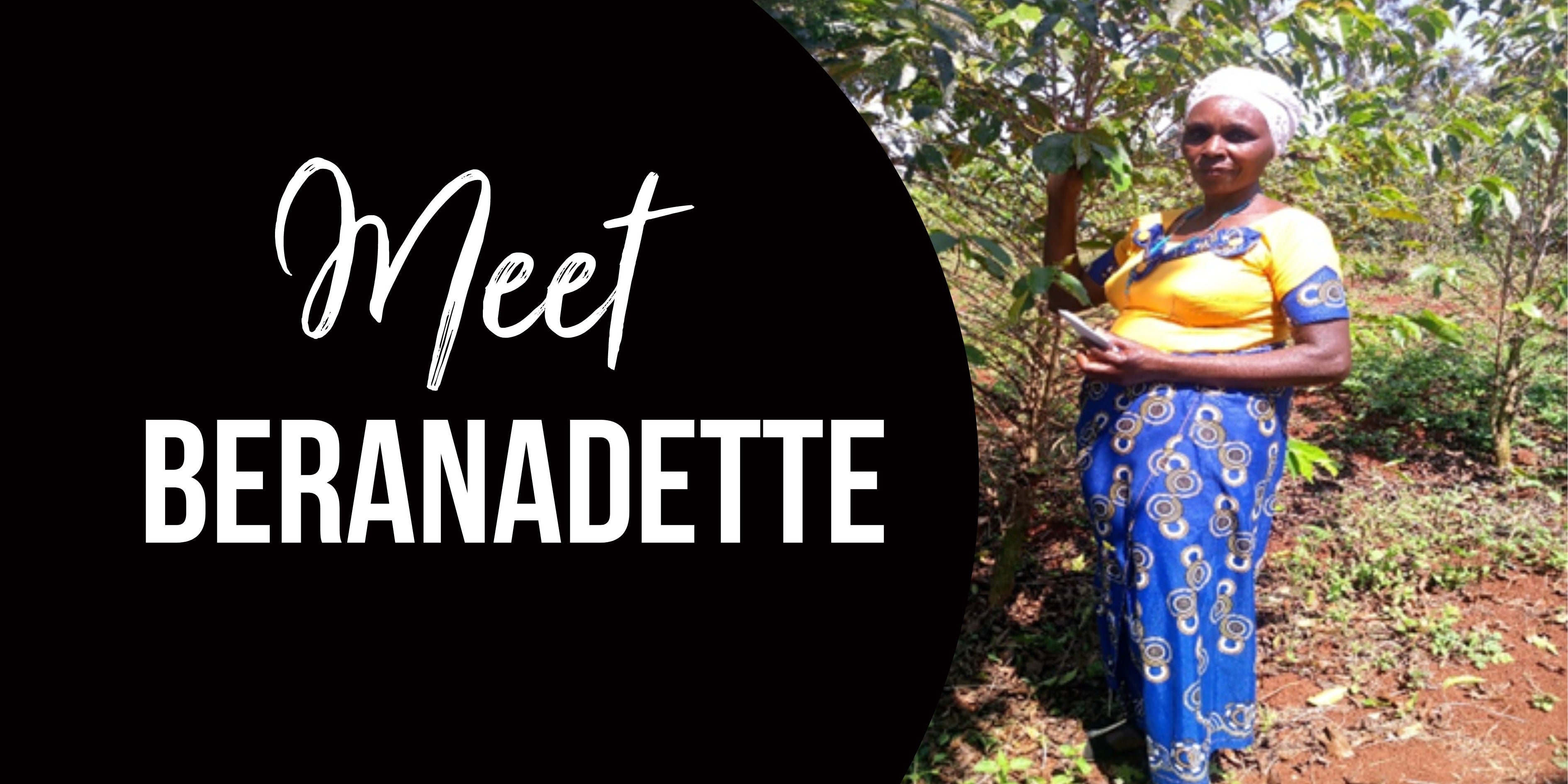Meet Gaudance- a Female Rwandan Coffee Grower

At St Remio, we want to encourage people to think about where their coffee comes from, and the impact that their purchase has on the lives of female coffee farmers at origin. To really understand coffee, we must understand the role we play within it, because our choices can either perpetuate the cycle of poverty or break it.
In our most recent farmer interview, we spoke to a female Rwandan Coffee grower, NYIRABITITAWEHO (Gaudance) to learn about her story and role as coffee grower.
Tell me about yourself. Do you have children? Are you married? What do you enjoy doing?
My name is NYIRABITITAWEHO GAUDANCE, I’m Rwandan and 66 years old, I have 4 daughters. I was married but my husband passed away. I enjoy growing different Rwandan crops including industrial and cash crops like beans, banana, cassava, coffee and potatoes.
What made you choose to work in coffee? Did your parents also work in coffee, and if so how long did they do it for?
I decided to become a coffee farmer when I learned about the COCAGI cooperative foundation and its requirement to have a plot of coffee trees to join. Since I value cooperation and wanted to be part of the cooperative, I started by planting 200 coffee trees. Each year I expanded, and now I have 700 coffee trees. Although my parents were coffee growers, I had never considered following in their footsteps until now.
Tell me about your role in coffee growing and what a day looks like for you.
In daily farming life, we face various challenges depending on the yearly climatic conditions. The most notable issue is dealing with pests. Sometimes, maintenance activities such as weeding, fertilization, mulching, and harvesting require additional help to be completed on time.
What is it like to be part of Cocagi femme and how do you support each other?
During the harvest period, I produce my coffee through the cooperative, and I’m happy to invest in it. I put my efforts into its development, and after selling the production, all members receive bonuses, health insurance, and additional support specifically for women to help them buy small animals. We also have clients who purchase coffee produced by the women. This cooperative model has been a great success for women and demonstrates the benefits of being part of a cooperative.
What would you like to see change about the coffee industry?
Some things can be improved, such as lowering production costs, increasing the number of workers at the cherry reception post, and providing the finished coffee back to the farmers who produced the cherries.
If all coffee industries address the points mentioned above and provide more training on all technical activities related to coffee, including planting and processing, for both farmers and workers, the Rwandan coffee will become even more special. Training is an ongoing process, and effective management of quality during processing will enhance its uniqueness.
What makes Rwanda so special?
I invite everyone to visit Rwanda, a beautiful country with excellent government policies, security, transparent administration, and significant development in areas like farming, trading, well-being, and education for all.
Anything else you would like to say?
I want to thank St Remio for facilitating and supporting women’s activities and ideas, especially for COCAGI FEMME, the women’s group from the COCAGI cooperative in Rwanda. Their support has helped me gain more experience in coffee production. I visited our universal plot, studied all the technical maintenance activities, and applied what I learned to my own plot, resulting in significant improvements in production.
Now, I want to say to everyone, especially every woman around the world: work in groups, stay focused on your goals, and set targets in your everyday life.
Thank so much, I love you guys!
By purchasing St Remio Coffee, you are choosing to empower future female coffee farmers like Gaudance. That’s the impact of your cup of coffee.
Make the change today!



